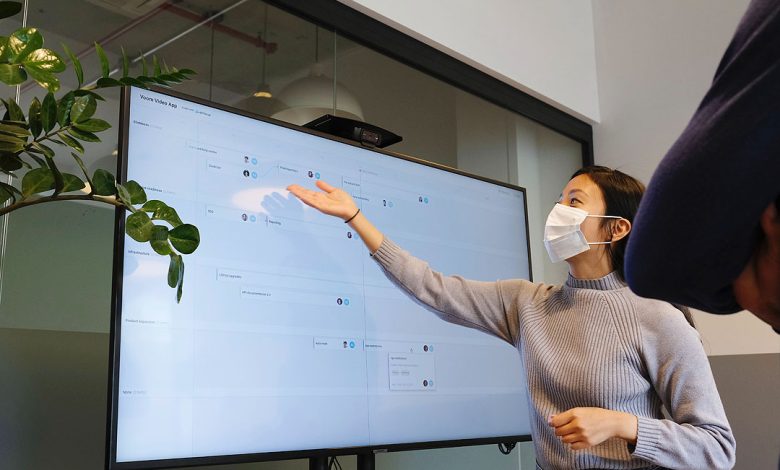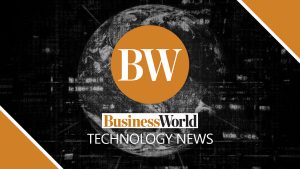Engaging workers in The New Normal

The pandemic is forcing companies to rethink how they are managing people. Two major forces are pushing this. Firstly, work-from-home arrangements make it difficult, if not impossible, for managers to really know what workers are doing and to directly collaborate in a work process. Gone are the days when a manager can simply ask call a worker to ask, “How’s that report coming along?,” and have the worker drop by the manager’s office to give an update. Managers can do a lot in a face-to-face meeting to know the status of the work and to provide the needed coaching and encouragement.
Nowadays, managers supervise office workers through some combination of messaging, calls, video conferencing and document sharing over the internet. However, without the worker’s physical presence in the office, suspicious managers will always have lingering doubts about how much time the worker is actually devoting to the work.
Secondly, as a side effect of the first issue plus the growth of digital payment platforms, workers now know how much they can do with technology. This opens up many possibilities for entrepreneurship that workers can do for themselves through online businesses.
How can managers engage the minds and hearts of workers in the New Normal?
Let us remember that engagement is the willingness of employees to go the “extra mile” to achieve the goals of the company — to give that extra discretionary effort on the job. In the ferociously competitive global business landscape facing most companies, that extra effort is a big deal!
Before the pandemic, research companies like Gallup had been warning about a global employee engagement crisis. The company had been tracking employee engagement data since the early 2000s and had found that, unfortunately, even though many companies and their leaders worldwide are interested in and actively measure engagement, the low engagement level had not budged in more than a decade.
In the case of the Philippines, a Gallup survey found that less than 30% of workers are engaged at work. For a country that prides itself in its human resources, this is not a good situation. The productivity the country needs to achieve post-pandemic recovery can be achieved only with higher levels of employee engagement. To make our situation more challenging, the country’s predominantly young workers fall right into the least engaged group of employees reported by Gallup — the millennials.
With such low levels of engagement to begin with, the pandemic makes the work of managers even more difficult under work-from-home and the ever-present option for workers to simply opt out and go into digital self-employment businesses where they control their own time.
Today’s managers need to transform the way they manage. The classic idea, developed circa 1910s, that management is about planning, organizing, leading, and controlling (POLC) is hopelessly obsolete and will not engage the modern worker in The New Normal. This idea of management was developed when the average worker was not highly educated and advanced digital technology did not exist. Then, managers focused on standardizing and controlling the work of employees. Achieving psychological commitment was secondary. The workplace has completely changed. Managing in business-as-usual mode is already leading to a massive loss of worker talent in the US which has been dubbed “The Great Resignation.”
Managers in The New Normal need to transform the work culture so that it encourages customer-focus, entrepreneurship, networking, and innovation among all workers. This means breaking up traditional bureaucratic command-and-control systems and functional silos which limit worker initiative and discretion so that workers can collaborate with each other across the organization to deliver higher value products and exceptional service for customers.
Workers need to be in closer contact with customers so that they can understand the latter’s needs better. Then, their innovative ideas for meeting these needs need to be supported by managers and other units within the company.
The workers’ new roles have to be supported by retraining and retooling to provide the much-needed skills and confidence to generate value-creating innovations for the company’s customers. Technology tools have to made available to turbo-charge collaboration with customers and co-workers. Finally, perhaps most importantly, managers need to revamp the company’s reward systems so that entrepreneurial workers will get a fair share of the fruits of their innovative work. The current system where the lion’s share of economic returns go to top management and shareholders has to go.
Managers in The New Normal will need to reinvent themselves from being top-down objective setters, incentive providers, and rule enforcers. If they are to keep workers on board and engaged, POLC has to give way to Inspiring, Connecting, Empowering, and Rewarding (ICER).
Dr. Benito Teehankee is the Jose E. Cuisia professor of Business Ethics and head of the Business for Human Development Network at De La Salle University.




